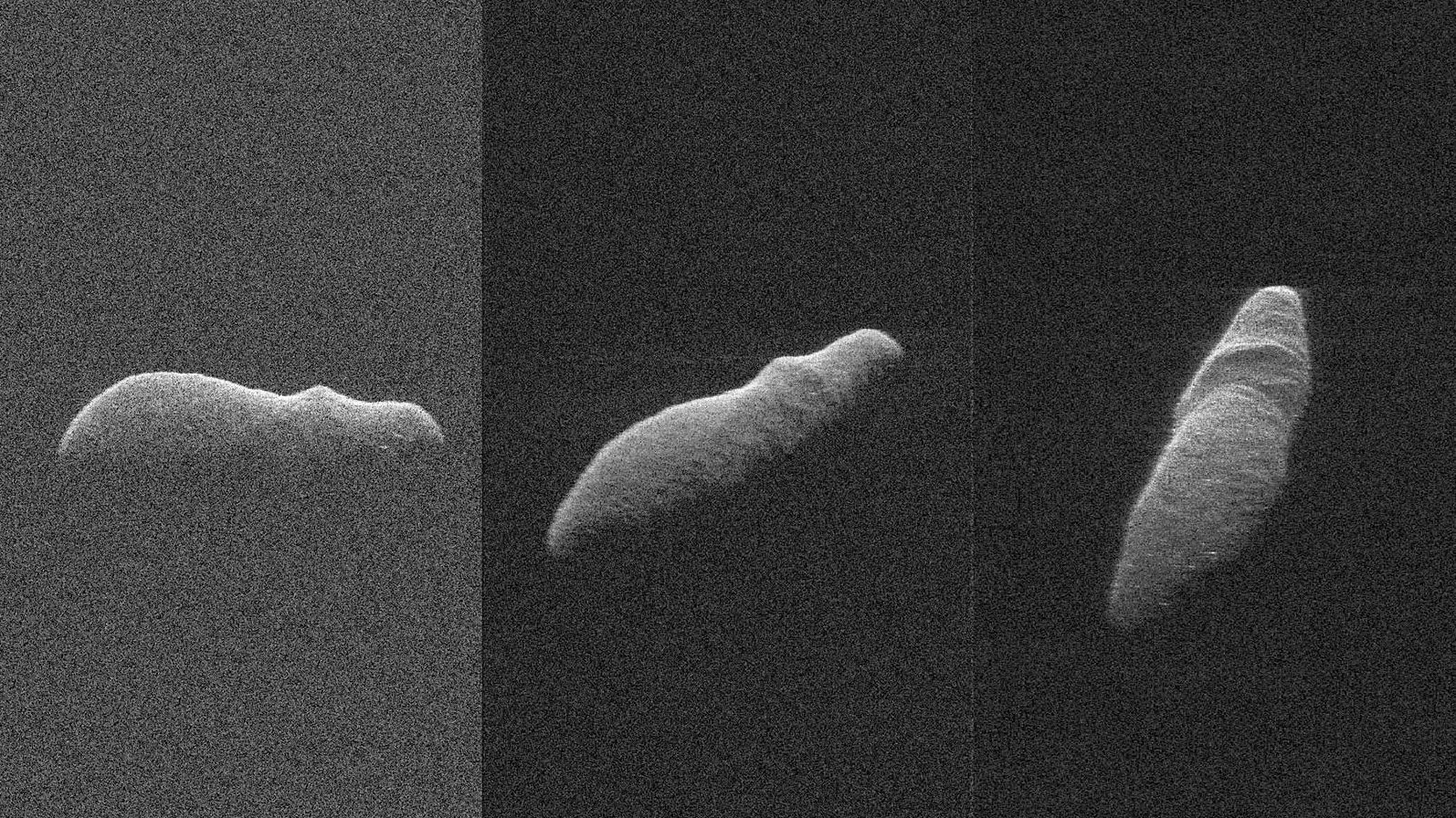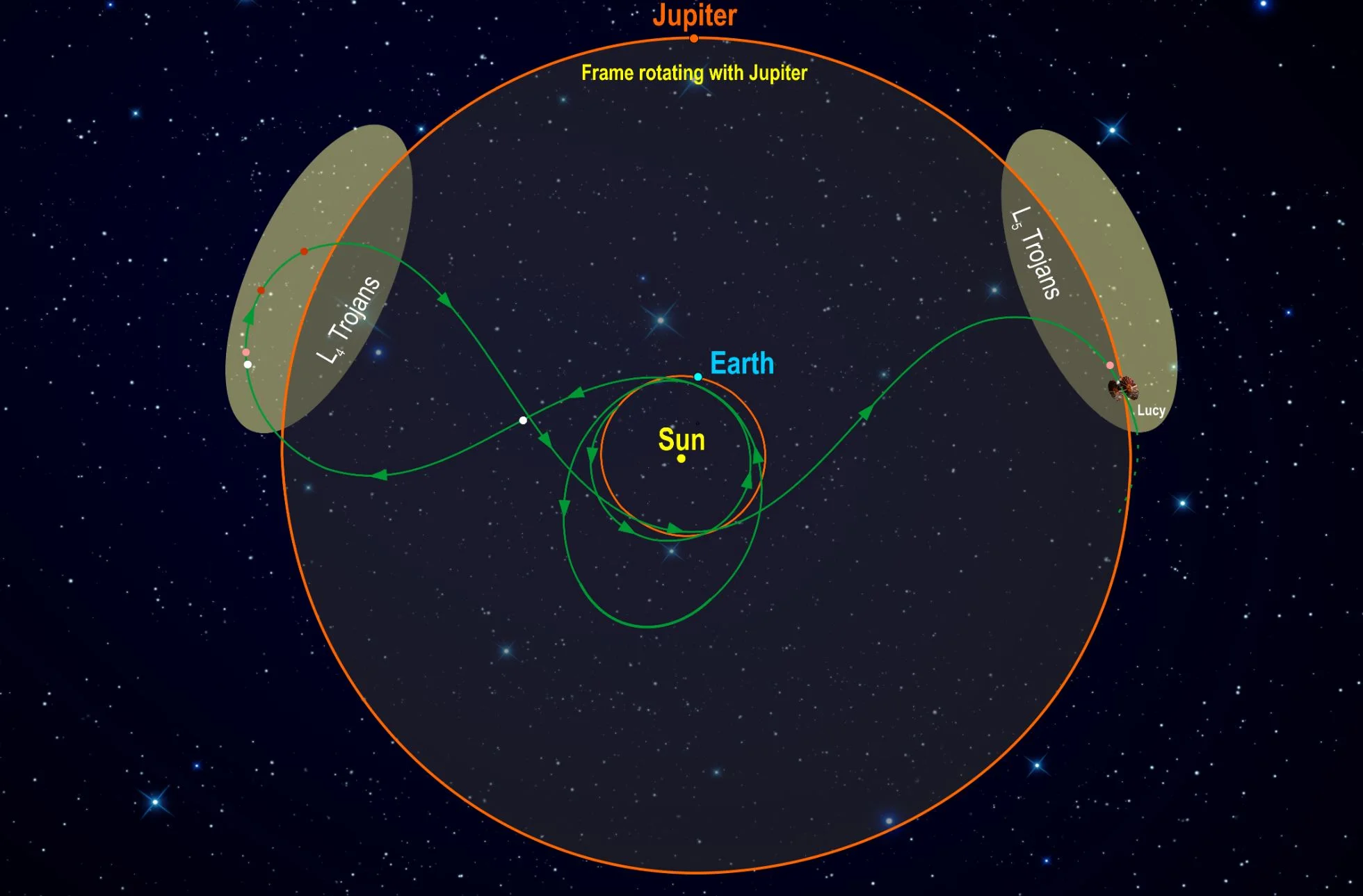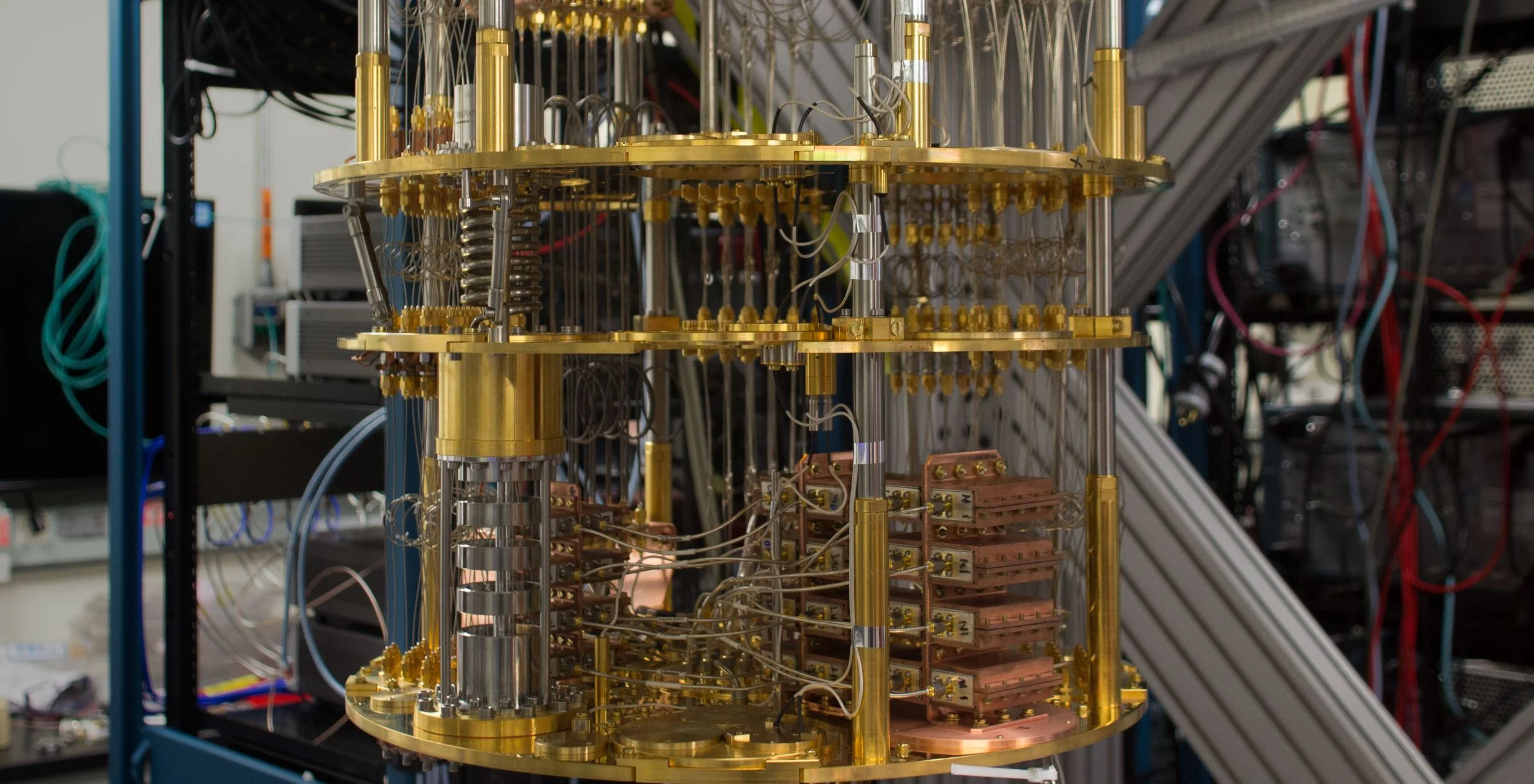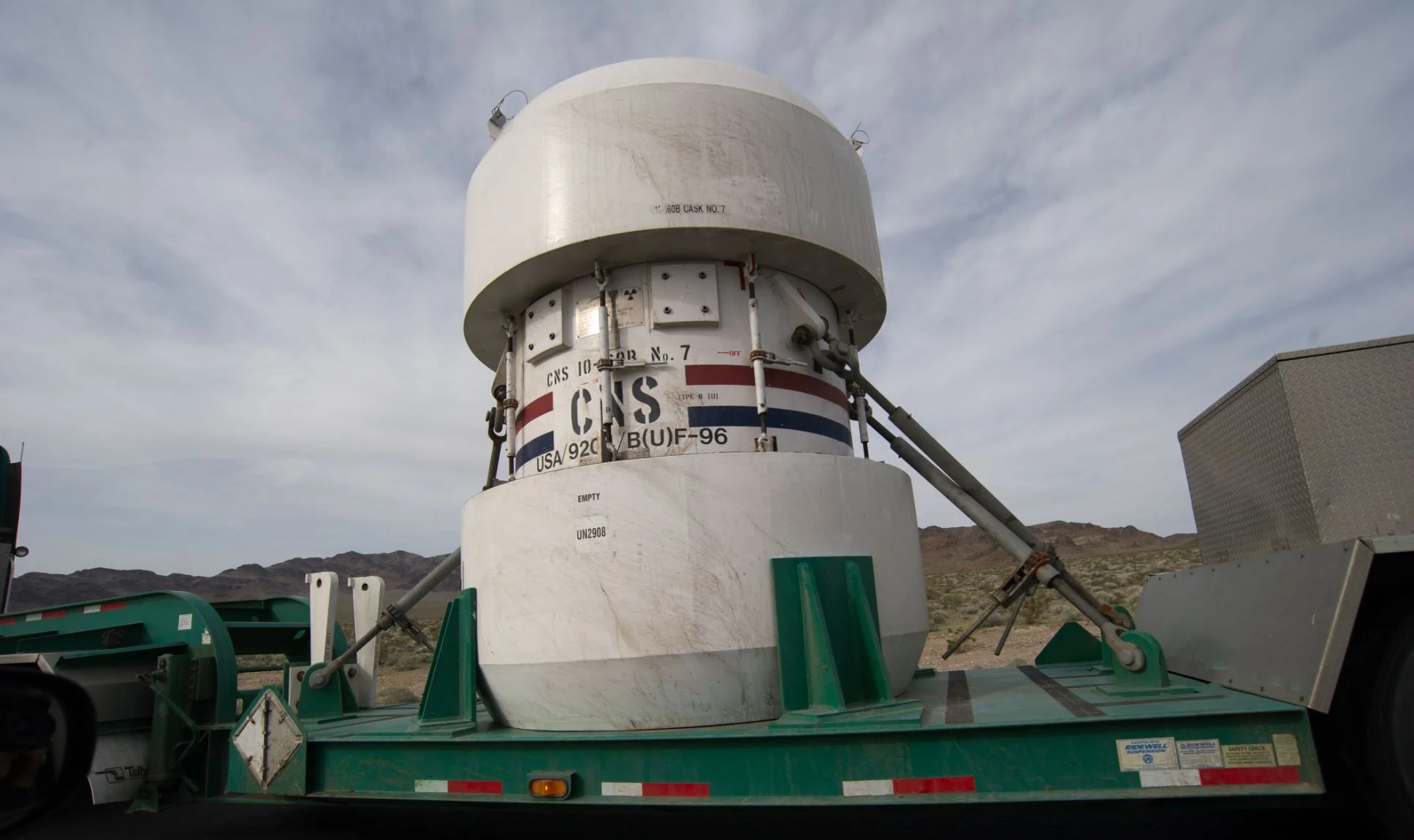Wageningen University & Research is working on a road-map to future-proof crops as part of EU-project CropBooster-P. Future crop yields will increase with optimal use of water and minerals. In addition to that nutritional value and crop quality are high on the list of targets. To feed a future population of 10 billion people and alleviate climate change these new crops need to eventually double the total world wilde food production. The great news that has been scientifically proven to be possible.
What if consciousness is just a product of our non-conscious brain?
As the very word used to describe it has been “worn smooth by a million tongues”, consciousness is a fertile topic for confusion. We all know what it is to be conscious. It is, basically, being aware of and responding to the world. Similarly, we all possess a common sense notion of how consciousness works.
Holiday Asteroid Imaged with NASA Radar
ESO to Host Cherenkov Telescope Array-South at Paranal
ESO’s Director General and the Managing Director of the Cherenkov Telescope Array (CTA) Observatory have signed the agreement needed for CTA’s southern hemisphere array to be hosted near ESO’s Paranal Observatory in Chile. In addition, the Chilean Government and ESO have signed the agreement enabling ESO to host this new telescope within ESO’s Paranal Observatory site. This will allow the world's most ambitious gamma-ray observatory to access not only Chile’s pristine observing conditions, but also ESO’s state-of-the-art infrastructure, expertise, and facilities. ESO will operate the facility on behalf of the CTA Observatory and its Members.
This Crater on Mars Traps the Cold, and Remains Filled With Ice, All Year Round
On June 2nd, 2003, the European Space Agency’s Mars Express mission left Earth to begin its journey to Mars. Six months later (on December 25th) the spacecraft fired its main engine and entered orbit around Mars. This Christmas will therefore mark the fifteenth anniversary of the orbiter’s arrival and all the observations it has made of the Red Planet since then.
Lucy Finds Its Place in the Solar System: Navigating NASA’s First Mission to the Trojan Asteroids
Earthrise, a photo that changed the world
December 24 is the 50th anniversary of Earthrise, arguably one of the most profound images in the history of human culture. When astronaut William Anders photographed a fragile blue sphere set in dark space peeking over the Moon, it changed our perception of our place in space and fueled environmental awareness around the world.
Faint Glow Within Galaxy Clusters Illuminates Dark Matter
Air pollution may be making us less intelligent
Not only is air pollution bad for our lungs and heart, it turns out it could actually be making us less intelligent, too. A recent study found that in elderly people living in China, long-term exposure to air pollution may hinder cognitive performance (things like our ability to pay attention, to recall past knowledge and generate new information) in verbal and maths tests. As people age, the link between air pollution and their mental decline becomes stronger. The study also found men and less educated people were especially at risk, though the reason why is currently unknown.
Morning lark or night owl? How our body clocks affect our mental and physical performance
Whether you’re a morning person or love burning the midnight oil, we’re all controlled by so-called “body clocks.” These body clocks (which regulate your circadian rhythms) are inside almost every cell in the body and control when we feel awake and tired during a 24-hour period. But as it turns out, our latest study found that our body clocks have a much bigger impact on us than we previously realized. In fact, our body clocks actually effect how well a person performs on both mental and physical tasks.
NASA Telescopes Take a Close Look at the Brightest Comet of 2018
Is quantum computing a cyber security threat?
More than half of all languages are dying
NASA Research Reveals Saturn is Losing Its Rings at “Worst-Case-Scenario” Rate
80,000 tons of nuclear waste are sitting in limbo
Here are 20 Protoplanetary Disks, With Newly Forming Planets Carving Out Gaps in the Gas and Dust
The hunt for other planets in our galaxy has heated up in the past few decades, with 3869 planets being detected in 2,886 systems and another 2,898 candidates awaiting confirmation. Though the discovery of these planets has taught scientists much about the kinds of planets that exist in our galaxy, there is still much we do not know about the process of planetary formation.
Nope, oxygen on exoplanets doesn’t always mean life
Just discovered! “Farout”, the Farthest Object Ever Seen in the Solar System
When teens sleep in, grades go up
Mars InSight Lander Seen in First Images from Space
On Nov. 26, NASA's InSight mission knew the spacecraft touched down within an 81-mile-long (130-kilometer-long) landing ellipse on Mars. Now, the team has pinpointed InSight's exact location using images from HiRISE, a powerful camera onboard another NASA spacecraft, Mars Reconnaissance Orbiter (MRO).
















